Ken Kratz says he's writing a book "because the one voice forgotten to this point is Teresa Halbach”
Amid a global fascination with the Netflix docuseries “Making A Murderer," the man who prosecuted Steven Avery and Brendan Dassey says he's writing a book.
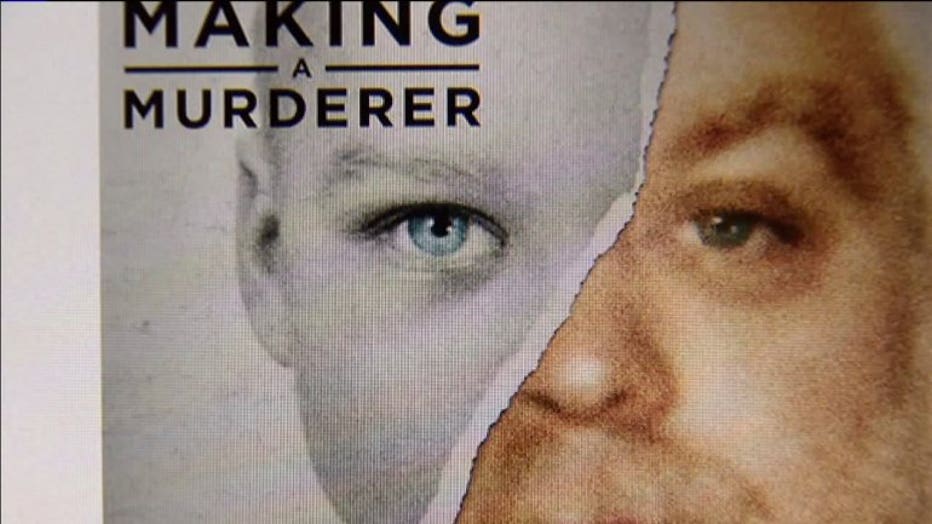
Netflix "Making A Murderer"
Ken Kratz, the former Calumet County District Attorney, told WBAY he is writing the book "because the one voice forgotten to this point is Teresa Halbach.”
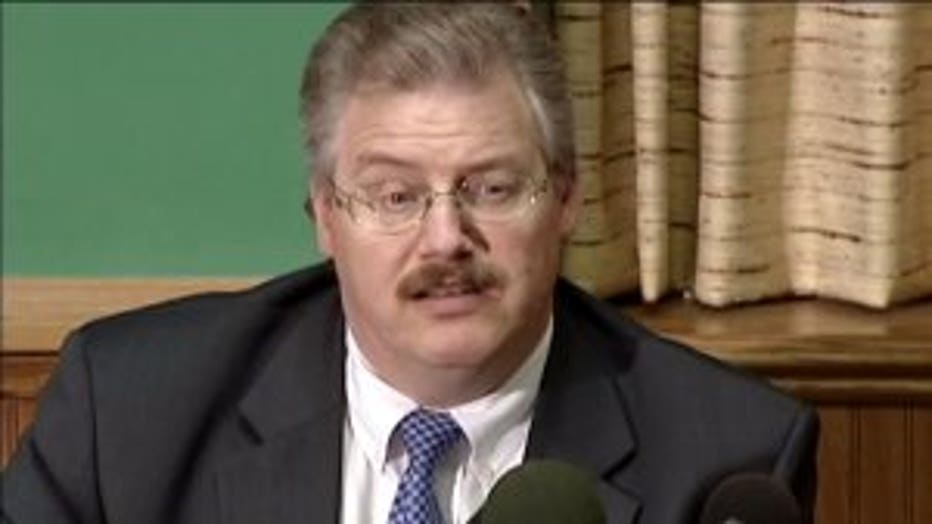
Ken Kratz, former Calumet County district attorney
Steven Avery is serving a life sentence, along with his nephew, Brendan Dassey, for the murder of young photographer Teresa Halbach.
Avery was convicted in 1985 in the rape of jogger Penny Beerntsen on a beach near her home in Manitowoc, Wisconsin. After serving 18 years in prison he was exonerated based on DNA evidence connecting the attack to another man.
Avery was released in 2003 and filed a lawsuit against Manitowoc County for wrongful conviction and imprisonment.
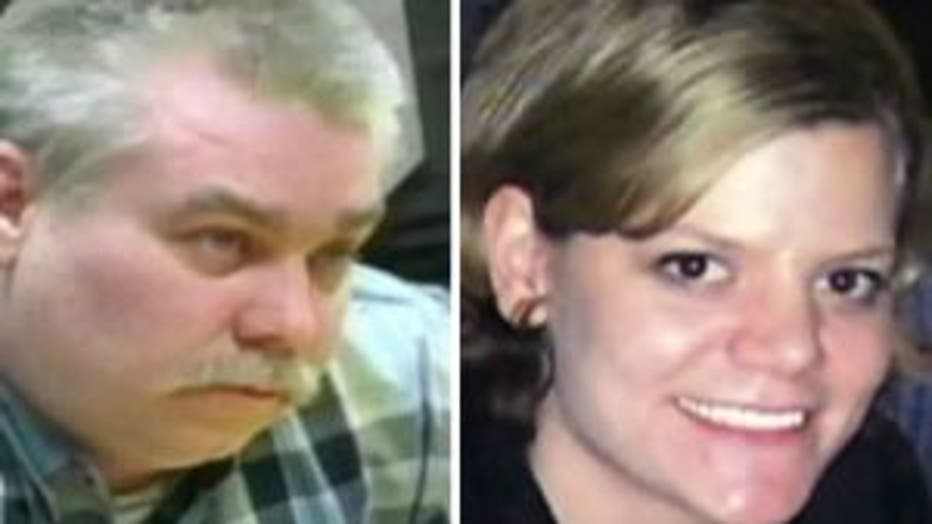
Steven Avery and Teresa Halbach
Two years later, he was arrested in the death of Halbach, a young photographer whose charred remains were found on his family's auto salvage yard.
This case gained national attention following the release of the Netflix docuseries on December 18th.
Kratz has accused the creators of the docuseries, Laura Ricciardi and Moira Demos of cherry-picking the evidence to include in the docuseries to cast it in a light favorable to Avery. He has also said the filmmakers did not ask him to be a part of the docuseries.
The creators deny both of those claims.
Kratz was the special prosecutor in the trials for Avery and Dassey.
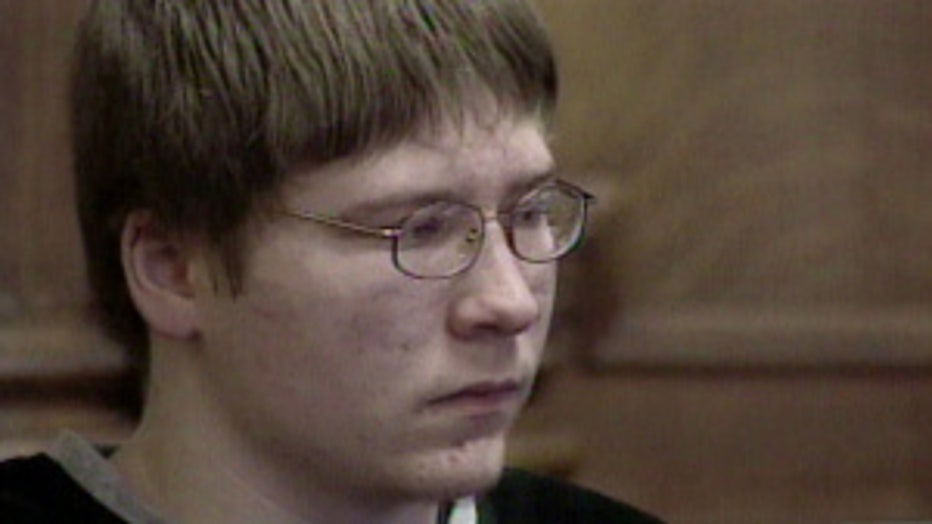
Brendan Dassey
Kratz told WBAY since the docuseries' release, he has felt an obligation to speak up for Teresa Halbach and her family.
“Finally grateful to tell the whole story,” Kratz said.
The docuseries has sparked backlash against the prosecution, and the Manitowoc County Sheriff's Department over the handling of the investigation into the 2005 murder of Halbach.
Halbach’s remains were found in a burn pit on the Avery property in Manitowoc County. The freelance photographer for Auto Trader magazine had visited the Avery Salvage Yard to photograph a vehicle for a magazine on the day she was last seen.
Avery and his nephew Brendan Dassey were later arrested and convicted of Halbach’s murder. They’re serving life sentences. Dassey has a chance for parole in 2048.
The docuseries shows how prosecutors laid out their case: Halbach's Toyota RAV4 (which had blood in it, including Avery's) was found on the Avery family's lot. Avery's DNA was found on the hood of the vehicle. Tissue and bone fragments that matched Halbach's DNA profile were found outside Avery's mobile home. Avery's then-16-year-old nephew, Brendan Dassey, confessed to authorities that he had assisted his uncle in raping and killing her. Avery was accused of burning Halbach's body after she was killed.
The docuseries shows how the defense made the case that officers investigating Avery had a conflict of interest and stayed involved after they were ordered to hand over the investigation to a neighboring county. When key pieces of evidence were found by Manitowoc County officers involved in Avery's first case, the defense implied the evidence could have been planted. The defense suggested Avery was framed for the murder of Teresa Halbach amid the pending multi-million lawsuit he filed against Manitowoc County following his exoneration.
Kratz has defended the prosecution of Avery and Dassey -- saying the evidence presented at trial secured the convictions, including a bullet found in Avery's garage with Halbach's DNA on it.
"I believe there to be 80% to 90% of the physical evidence, the forensic evidence, that ties Steven Avery to this murder never to have been presented in this documentary," Kratz recently told WLUK.
"Juries are not to search for doubt. They are to search for the truth. Their role here was to decide if this man -- in that case, the Steven Avery trial, was guilty of taking the life of this young woman. Their role was not to decide if evidence was planted. There were eight or 10 things that were the centerpiece of my closing argument as to why this framing defense was nonsense. These filmmakers now say 'well, you know, we gave -- you know, kind of after the fact, we gave Ken an opportunity to be interviewed in the case' -- well that's not the answer. Why didn't you put in the evidence that was inconsistent with Mr. Avery's 'planting defense?' Because of course, the answer is, it doesn't support the narrative. It doesn't support their conclusion. This is a one-sided advocacy piece. It was intended as such. It was made by and for a defense team for Steven Avery. Anytime you edit 18 months' worth of information and only include the statements or pieces that support your particular conclusion, that conclusion should be reached," Kratz recently told TMZ.
In a recent Twitter Q&A session, the creators said this docuseries wasn't about whether Steven Avery is guilty or innocent -- but rather, that it was created to inspire a dialogue about our nation's criminal justice system.
As for Kratz, you may recall, his law license was suspended after he was accused of rampant sexual harassment.
Kratz testified in a state Office of Lawyer Regulation hearing in 2012 that his sexual compulsions didn’t affect his professional life until 2009, when prescription drugs lowered his inhibitions and he tried to spark an affair with a domestic abuse victim through a barrage of text messages.
Kratz resigned in 2010 after The Associated Press reported the texts.
Kratz, who now owns a private practice, will be represented by David Vigliano in New York City for his book. He says he will remain in private practice and take care of his existing clients.
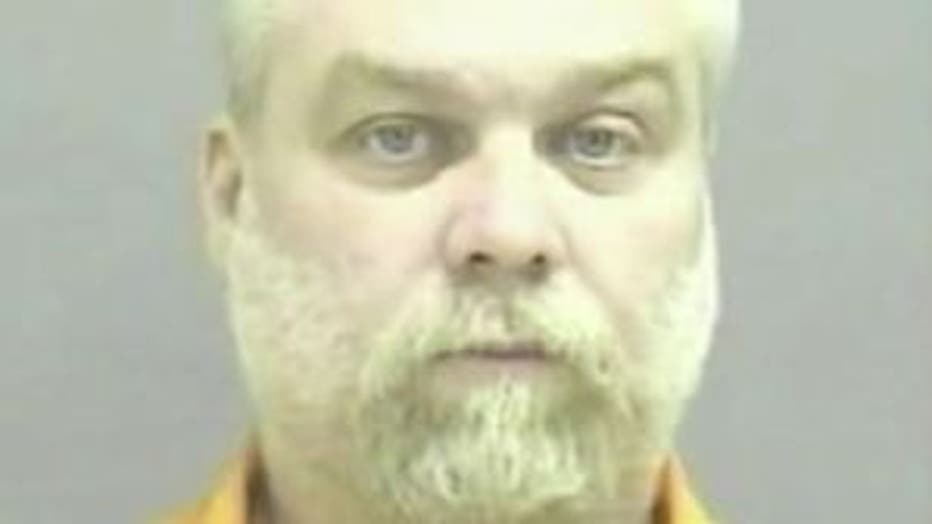
As for Steven Avery, he has obtained new legal counsel, and has filed an appeal of his murder conviction.
Avery on January 7th signed and filed an appeal in the case on his own behalf, and that appeal was received by the Wisconsin Court of Appeals on January 11th.
Avery said he wants to be released from prison while the Wisconsin Court of Appeals considers his latest challenge to his 2007 murder conviction.
The state has opposed Avery's motion for release. Wisconsin Assistant Attorney General Thomas Fallon has issued a letter to Sheboygan County Circuit Judge Angela Sutkiewicz that says in part, "substantial reasons exist for this court to deny Avery's motion."
Chicago lawyer Kathleen Zellner on January 8th announced she is teaming up with the Midwest Innocence Project. The Law Firm of Kathleen T. Zellner and Associates has assumed representation of Avery in all of his pending criminal matters.
She has been posting about the case on Twitter. In fact, Zellner on Sunday, January 24th tweeted a letter from Ken Kratz to Steven Avery, indicating that Kratz was willing to write a book for Avery, but that he is no longer interested because Avery "continues to lie about what happened to Halbach:"
Steven Avery has not seen the Netflix docuseries. There is no Netflix in prison, and Avery's request to view the series was denied.
Avery late last week sent a letter to FOX6's Ted Perry, in which he reacted to the recent comments made by his ex-fiancee, Jodi Stachowski, who was portrayed in the docuseries as a loving and supportive fiancee, but who now calls Avery a monster, and says he once tried to kill her.
"Threats against her and her family are totally untrue. Jodi must have been pressured by the state to change her story," Avery wrote. "She would never have said anything bad about me, due to the fact that she wanted to marry me."
CLICK HERE for more on Avery's letter to Ted Perry.
As for Brendan Dassey, late last week it was announced he was quietly moved from Green Bay Correctional facility to Columbia County Correctional.
Can't get enough of the Steven Avery story? Check out the Avery Archive at FOX6Now.com.

